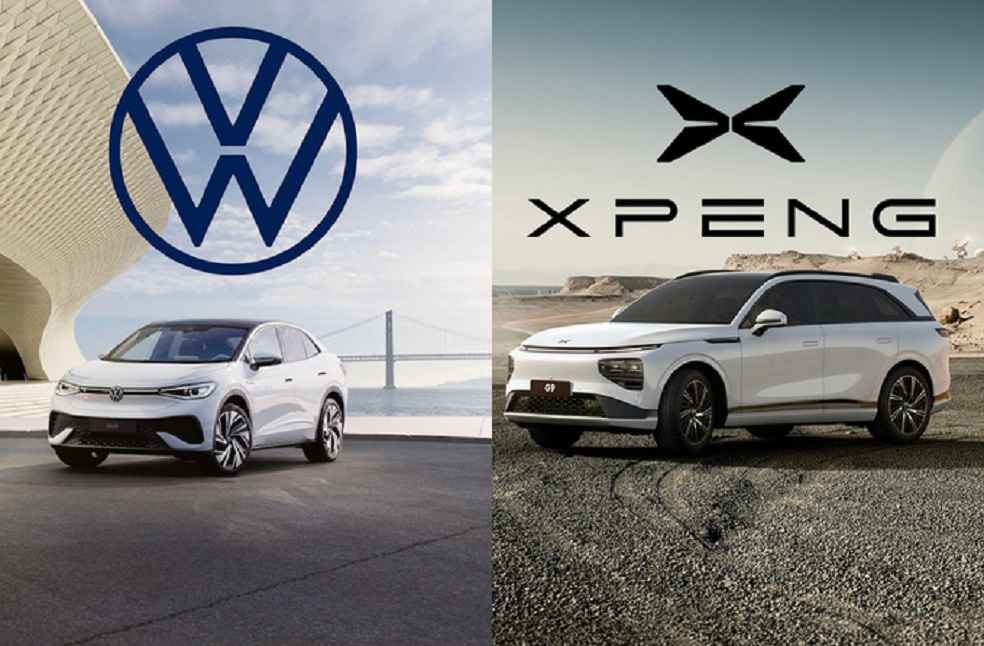The auto industry was abuzz in late July when German automotive giant Volkswagen announced its agreement to acquire a 4.99 percent stake in Chinese electric vehicle (EV) upstart, Xpeng. This strategic move not only paves the way for the co-development of two EV models tailored for the Chinese market but also grants Volkswagen the keys to Xpeng’s coveted suite of technologies, including their state-of-the-art driving assistance system.
This collaboration heralds China’s rapidly changing automotive landscape, noted by Xpeng CEO He Xiaopeng in a recent interview with Xinhua News Agency. Traditionally, technological know-how was a one-way street, flowing predominantly from foreign car firms to their Chinese counterparts. But now, Chinese auto companies are flipping the script, selling their pioneering technologies overseas.

“We have cooperation in terms of both stocks and technologies, which is of great significance,” Xiaopeng articulated. He emphasized that this collaboration signified the first occasion on which a Chinese carmaker garnered profits from their proprietary software.
This landmark deal has been viewed as a beacon of hope against a backdrop of surging protectionist and anti-globalization tendencies. It stands testament to the ethos that mutual collaboration can cultivate win-win scenarios. As He Xiaopeng puts it, this “strategic cooperation once again proves that China’s automobile industry continues to embrace the world and is willing to share technologies and seek common development.”
Established in 2015, Xpeng has quickly ascended the ranks in China’s new energy vehicle sector, making waves particularly for its unwavering dedication to technological advancements. With nearly half its workforce entrenched in R&D and a staggering 5.21 billion yuan ($723.7 million) expended on R&D in 2022 alone, it’s clear why Volkswagen, after meticulous scrutiny, deemed Xpeng the ideal partner.

Volkswagen stands to benefit immensely from this alliance, shortening the usually protracted timeframes for harmonizing hardware and software and expediting new product rollouts. Conversely, Xpeng can anticipate a bolstered brand image, fortified technological prowess, and augmented commercial appeal.
Ralf Brandstaetter, Chairman and CEO of Volkswagen Group China, acknowledged the challenges and opportunities of the Chinese market, stating, “China has become something of a fitness center for us. We have to ‘work out’ harder and faster to keep up with the dynamics of the market.” For Volkswagen, the objective is clear – to tap into China’s reservoir of innovation to better serve its consumers.

This collaboration with Xpeng is not Volkswagen’s first foray into the Chinese EV sector. Last year, the company shocked the technology collaboration sector with a 2.4 billion euro ($2.64 billion) investment in Beijing-based Horizon Robotics, a maker of computing solutions for intelligent vehicles. These far-sighted investments by Volkswagen clearly lay a good foundation for their future.
MOST READ | Global Impact: India Strengthens Automobile Scrap Policy





